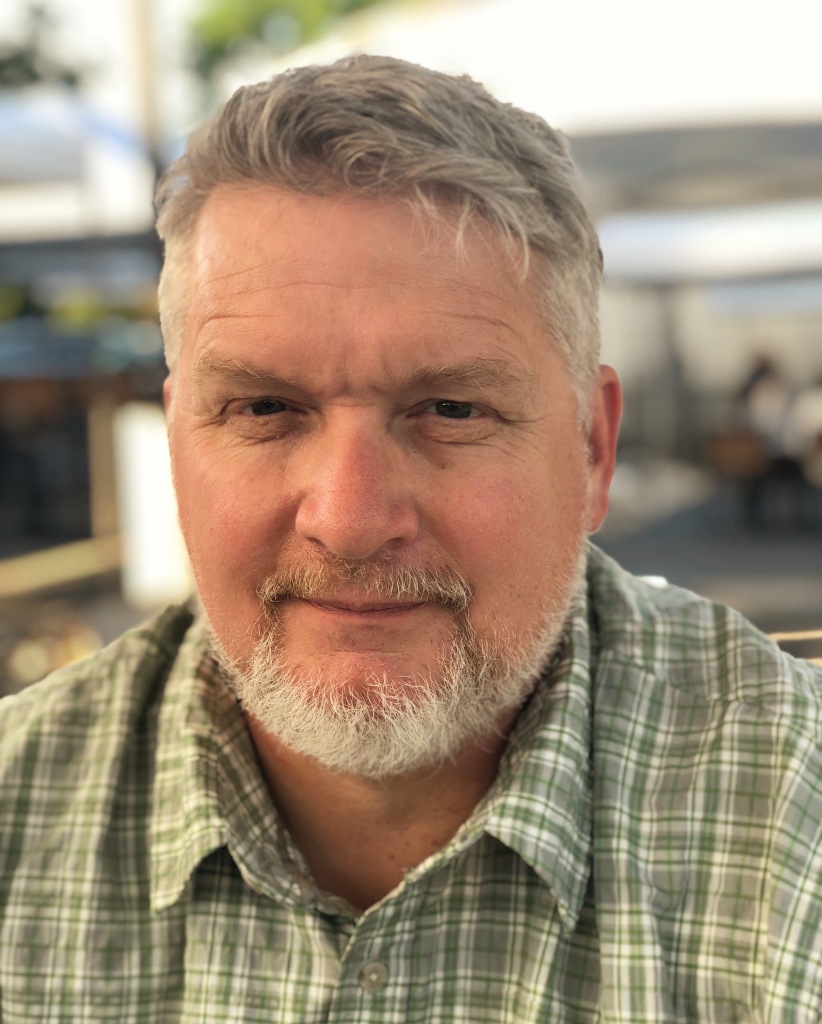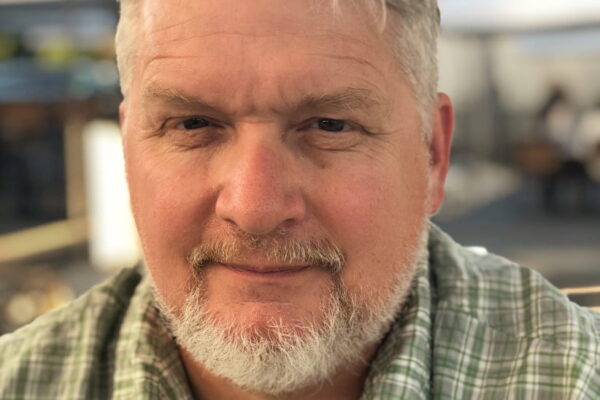This is the first of what I hope to be a regular series of interviews with addiction professionals about their work and how the pandemic has affected it.
Who are you?

My name is Bill Stauffer, I am a person in long term recovery living in eastern Pennsylvania. I have worked in and around the substance use care system for over thirty years in many different capacities. Recovery is something I am very passionate about. When I am not working in and around our care system, I am hanging out with my wife Julie who is an artist and our two dogs or out in the woods looking for birds or taking photographs.
What do you do professionally?
Over the last 30 years, I have run public funded outpatient and residential treatment programs and provided direct care to many people. I am also a trainer an educator and a writer. Currently I run PRO-A, the statewide recovery community organization of Pennsylvania. Our organizational mission is to: “mobilize, educate and advocate to eliminate the stigma and discrimination toward those affected by alcohol and other substance use conditions; to ensure hope, health and justice for individuals, families and those in recovery.” I am deeply committed to it.
Do you have any personal interest in addiction and recovery that you’d like to share?
Addiction and recovery have been the primary focus of my life work. Addiction has taken more family and friends from me than every other condition combined. At the same time, I have seen and been honored to be a part of the recovery experience for hundreds of persons over the years. I believe recovery can change lives and at times we can become “better than well.” We need to expand access and improve retention in recovery services, we can dramatically transform our communities and save vast resources.
Tell us about your professional experience in the area of addiction and recovery.
I have done many jobs in our care system from entry level work to program administrator. This has been an important trajectory for me. It has exposed me to program founders of our care field. As a result, I have a very well-rounded view of what this service field is like from a myriad of perspectives, most importantly from the ground level, including client because that is where my story started.
What are you most proud of?
Recovery advocate of the year award at America Honors Recovery and being honored with people like Don Coyhis of White Bison rank pretty far up there for me. But if anything, I am most proud that I have been able to do this work and to be of service to others along the way. David Best, the researcher from the United Kingdom calls recovery “the contagion of Hope.” Recovery spreads through our communities, saves lives, restores families and heals communities. This is what I have seen in my years of service and I am deeply grateful to be a part of the process and to see the positive, ripple effect that recovery has had on our communities. As discussed in the blog post Custodians of Recovery blog post with Bill White the work is about servant leadership. I am grateful for the ability to “pay it forward” and expand access to recovery as a central focus of my efforts.
What keeps you working in addiction and recovery?
A formative experience for me was spending a great deal of my time working in the field with early pioneers and people who founded programs in the late 1960s and early 1970’s. When they started their work to create a care system, care was non-existent. Prison, or psychiatric care with electro-shock therapy or frontal lobotomies was the standard of care in the 1960s. My first introduction to people who envisioned a public SUD care system was when I was a client in the mid-80s. The care I got in the 80s was entirely unavailable just 15 years earlier and was largely considered a near impossibility to create. I am alive because they took their seemingly impossible vision and made it a reality for me and millions of others. I see the importance of paying that forward and taking care in a direction that supports long term recovery. I would point to a conversation I had with Dr Robert DuPont on the five year recovery paradigm as the area of focus for my efforts in a broad sense.
How has the pandemic affected your work?
We are in the early stages of understanding the long-term ramifications of COVID-19 and how it will impact us. There is a significant increase in resumption of use within the recovery community and addiction related deaths. Recently testified in Pennsylvania about COVID-19 and its impact on our care system in front of our State House Human Services Committee. It is a really scary time. Treatment programs are closing at an unprecedented rate. Meanwhile, overdoses are rebounding, suicides are rising and alcohol consumption increasing.
What effects of the pandemic are you observing in the people you serve?
I am seeing a lot of stress and strain in relation to with the people I am working with. I am not in a direct service role, so I am seeing the secondary impact that it is having on them. What I am seeing is consistent with what the literature says that people experience who undergo prolonged disasters and mass traumas. We really need to think of people in caregiver roles and pay particular attention to them. We need to care for our SUD care givers, we are really going to need them even more moving forward.
What, if any, long term effects do you anticipate on the field?
Around 230 Million dollars of federal money from the national opioid response has poured into my home state, yet little has gotten to the ground level and invested in ways that support our care infrastructure. Our workforce, who already labored under very difficult circumstances for low pay and with significant administrative burdens was in a perilous position. The untold story of the SUD service system workforce is that in the early weeks of COVID-19 they went to work, most often without proper protective masks and equipment. Some even lost their lives in the process. Burnout is increasing, compounded by the additional stressors created by COVID-19. We are watching our workforce wither and our care infrastructure crumble. There is no doubt that there will be long term consequences from what we are seeing unfold. The problem is that similar dynamics are playing out in other sectors of our healthcare system and as a result of negative public perceptions about addiction and recovery we are a low priority for policymakers. The truth is that it is not yet too late to turn this around. These two public health emergencies are linked because people are turning to drugs and alcohol for relief. We must save our care system and the workforce that is out in the field saving lives or it will be profoundly worse.
Have you seen any benefits or new opportunities in the pandemic?
This is an opportunity to reevaluate things and a chance to re-envision how we do things and consider reprioritizing. It is very clear to me that addiction is a central facet of the COVID-19 pandemic and underpins a lot of the challenges we face. It is very clear to me that we need to get serious about recovery and focus more resources on expanding recovery through access to care and support. One of the lessons of COVID-19 is that our service community is incredibly adaptable. Virtual Recovery Support Services (VRSS) are an example of this. Very few providers were conducting services using telehealth and web-based platforms, that changed quickly following the COVID-19 lockdown. We need to have a larger conversation on how and when to use these services. Our PRO-A VRSS Ten Assurances document is intended to get people thinking how they may be used. We also need to understand who gets left behind and work to ensure that these types of service are additive to our care system and we do not end up thinking about them as a panacea and send people exclusively to VRSS.
Talks about your project to improve treatment and recovery support, what would it be?
My long-term dream project is to move our care system towards a recover focused model that addresses the multitude of social, physical, emotional, housing, financial, and other co-occurring conditions/ issues. There is growing recognition that the benchmark for a substance use disorder recovery is an orientation towards a system focused on getting people to five years of continuous recovery. We must retool our service system to support this truth. What would this look like? It would be:
- A Substance Use Care Service System that supports long term recovery for five years
- A Service System that meets the needs of young people – early intervention and comprehensive care
- Build the 21st Century workforce to serve the next generation, properly trained and compensated
- A focus on Employment, Education, and Self-Sufficiency
- Recovery Housing Opportunities to support safe and ethically run housing for people who need it as part of their recovery process
